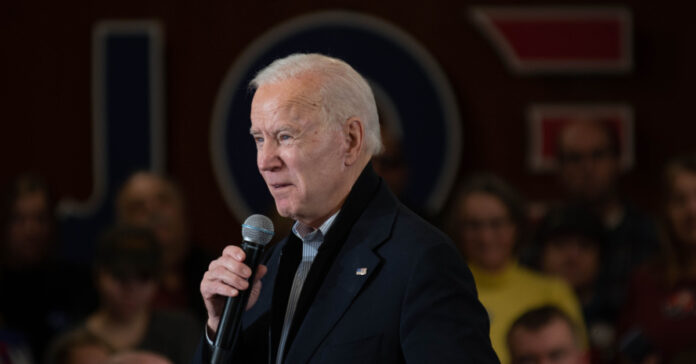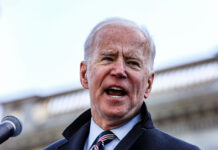
Health and age-related concerns have long trailed any talk of Presidents Biden, given that he was inaugurated in January 2021 at the age of 78. These issues stem from a society with increasing demands on politicians to embody robustness and well-being commensurate with demanding roles they inherit—in short, modern-day politics is not without skepticism towards someone who exhibits physical frailty or ailments which might deter their ability to stay fit for office. Here we provide an overview of the recurrent health topics surrounding Present Biden’s fitness for serving at top political echelons.
1. Stutter:
In one of his most iconic moments preceding presidency, Biden openly discussed how he’d overcome a childhood stutter by reading aloud in front of mirrors and overcoming shame. Since then, this formidable trait has barely figured predominantly in discussions on his overall health concerns; however, its mention during high-profile interactions with world leaders could prompt speculation regarding potential communication challenges under specific, pressure-filled scenarios.
2. Eyesight problems:
Since assuming national leadership, persistent observations from various sources often cast doubts on whether President Biden might occasionally rely on visual aids or teleprompter cues to navigate through his speeches. Despite these unavoidable discussions, his eye care professionals continue to deny claims regarding significant eyesight troubles, asserting it hasn’t affected his abilities or routine performances.
3. Obvious signs of cognitive decline:
Some viewers may observe occasional lapses when it comes to pronunciation errors or forgetful moments, leading to implications about deteriorating neurocognitive functioning. Consequently, many question if Biden’s growing years at the top political position reflect a potential diminish in mental capacity and the consequences attached thereto – particularly in an era dominated by high stakes and volatile international relations. However, while some incidents garner media attention, no substantial evidence pointing directly to signs of dementia or similar ills exists among medical experts assessing his condition.
4. Foot/Toe injuries:
One topic of interest is Biden’s frequent injury-prone foot and toe issues, particularly caused from slippers, the result of which can be attributed to his advanced age typical for postoperative nerve damage and other conditions affecting the elderly. However, these health challenges do not necessarily hinder the presidential role but can trigger worries about longevity—both politically and physically–among critics seeking consistency for a country leader’s vigor and resilience.
5. Overall age-related frailty concerns:
At age 79, there is natural apprehension related to Biden’s physical health and stamina as the years wear on. Though several presidents historically had maintained their strength and public appearances later in life, the lack of precedent for aging leadership does invite concern and scrutiny where potential limits of endurance must be acknowledged. Nevertheless, a medical evaluation of Biden doesn’t point toward severe impediments which might challenge his capacities or capabilities in discharging presidential duties effectively, for now. Regular examinations and health updates will continue to play key roles in alleviating doubt in the minds of the American citizens.
While concerns around President Joe Biden’s health cannot entirely be set aside due to his advancing years and the nature of the job, current medical evaluations indicate his capability to perform official functions remains intact. Furthermore, it remains essential to appreciate every individual’s experiences of struggling through their senior years in unique ways, amidst adaptively navigating the responsibilities bestowed upon them—especially those held in commanding positions like the esteemed American presidency.







